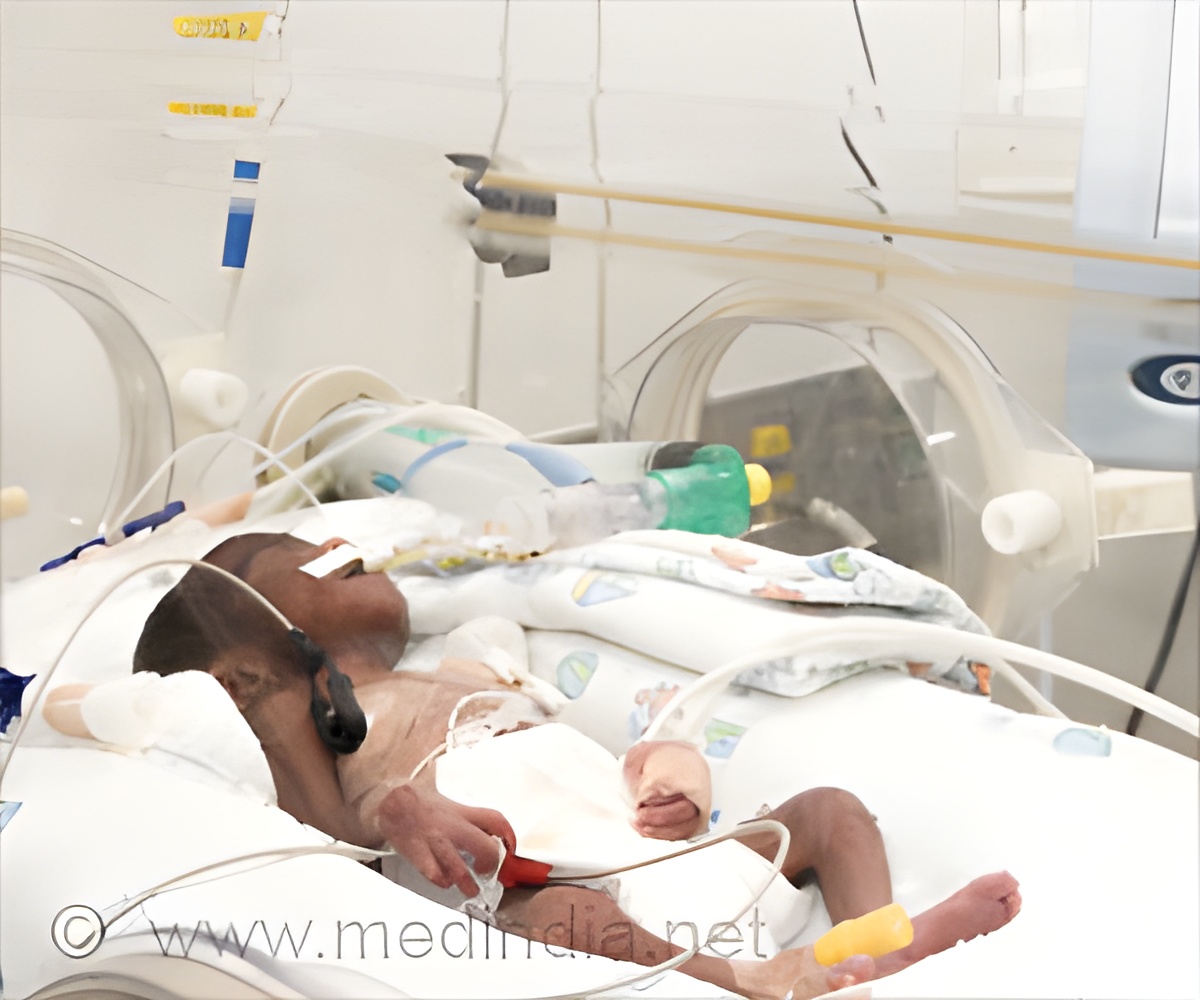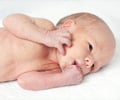
‘Early caffeine treatment has no long-term negative effects on neurodevelopment, and is actually associated with better cognitive scores, and reduced odds of cerebral palsy and hearing impairment. ’
Tweet it Now
"Caffeine is the most commonly used drug in the NICU after antibiotics," says Dr. Abhay Lodha, MD, associate professor in the departments of Paediatrics and Community Health Sciences at the Cumming School of Medicine and staff neonatologist with Alberta Health Services (AHS). "It's important that we understand the long-term effects of caffeine as a treatment and ensure these babies are not only surviving, but have quality of life down the road." Born prematurely at 27 weeks at the Foothills Medical Centre, Kyle and Avril Strachan's baby, Anna, was given caffeine to help her breathe and boost lung function. "The doctors told us, with premature babies, their brain hasn't developed quite enough to let them do all the things their bodies should be doing on its own, like breathing," says mom Avril. "In the first few weeks, when Anna was feeding, she would slow down or even forget to breathe. This would cause her heart to slow and for her to not get enough oxygen."
To help her breathe more easily, Anna needed a continuous positive airway pressure, or CPAP, machine to deliver constant airflow to her lungs.
A 2014 study by Lodha showed starting caffeine therapy within two days after birth shortened the amount of time babies needed to use ventilators. It also reduced the risk of bronchopulmonary dysplasia (BPD), a form of chronic lung disease caused by damage to the lungs from use of a ventilator. What was not known was how that dose of caffeine affected brain development. Lodha collaborated with researchers from the Universities of British Columbia, Montreal, Toronto and Mount Sinai Hospital in Toronto to analyze data from 26 NICUs across Canada. The findings are published in Pediatrics.
The team examined data from follow-up assessments conducted at age 18 to 24 months. During these follow-ups, children were assessed for their cognitive, language and motor development using the Bayley Scales of Infant and Toddler Development, a standardized scoring system to assess developmental functioning in infants and toddlers.
Advertisement
Lodha says it's believed that caffeine may increase the growth of dendrites, the small branches of a neuron that receive signals from other neurons. "Caffeine may also improve better lung stretch and expansion, cardiac output and blood pressure in premature infants, which improves oxygen supply throughout the body and brain, reducing the duration of mechanical ventilation and the risk of chronic lung disease and injury on the developing brain."
Advertisement
Source-Eurekalert















